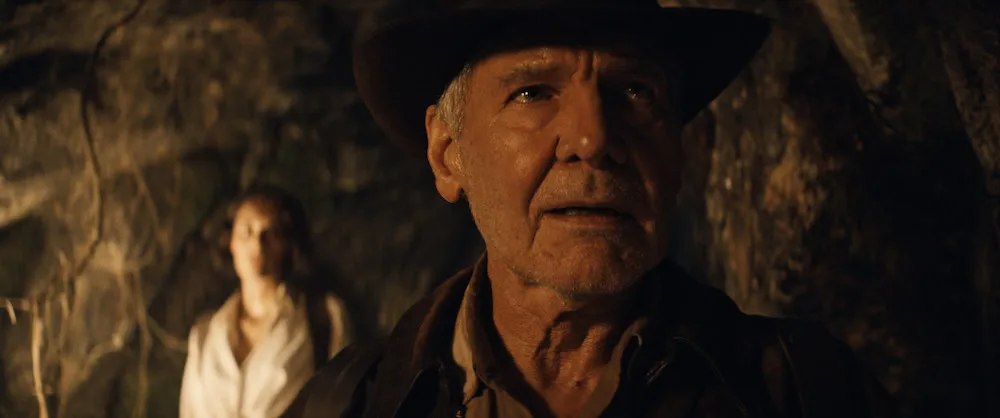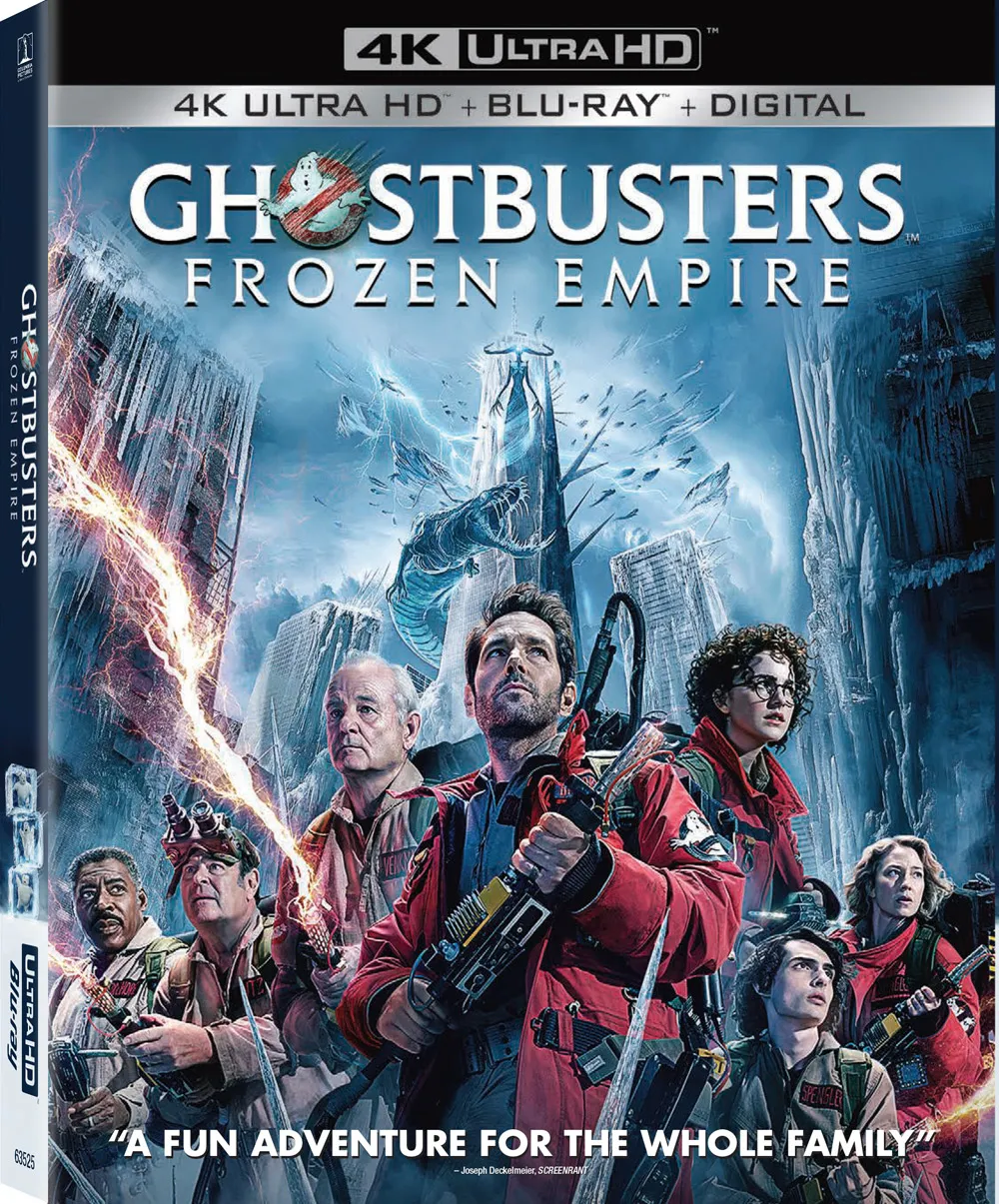 Back in 2010, game developer David Cage and Quantic Dream released a video game for the PlayStation 3 called Heavy Rain. The game was a critical sensation, as it dealt with serious themes, and had multiple endings based on the choices the player made while playing. The story revolved around the manhunt for a serial killer known as the Origami Killer, who kidnapped, tortured and killed young boys, usually putting the parents through a tortuous test to try and save their child. Heavy Rain told the story through the eyes on a distraught father, playing the killer’s sick games, and a detective, who was himself slightly off (he was a drug addict), but very successful in solving these types of cases.
Back in 2010, game developer David Cage and Quantic Dream released a video game for the PlayStation 3 called Heavy Rain. The game was a critical sensation, as it dealt with serious themes, and had multiple endings based on the choices the player made while playing. The story revolved around the manhunt for a serial killer known as the Origami Killer, who kidnapped, tortured and killed young boys, usually putting the parents through a tortuous test to try and save their child. Heavy Rain told the story through the eyes on a distraught father, playing the killer’s sick games, and a detective, who was himself slightly off (he was a drug addict), but very successful in solving these types of cases.
I bring this up because the new movie Prisoners, Starring Hugh Jackman, Jake Gyllenhaal, and Terrence Howard is the spiritual successor to the overriding theme of a game like Heavy Rain. And let me be very clear here: the two stories are not the same. But the themes are very, very similar.
Prisoners centers around two families; the fathers, Keller Dover (Jackman) and Franklin Birch (Howard)–who have been friends since grade school–dealing with the fact that both of their young daughters turn up missing one Thanksgiving day while playing outside together. The only clue they have is that of a beat up old RV that was parked on the street earlier in the day.
Jake Gyllenhaal plays Detective Loki, a successful detective who is assigned the case and begins to investigate. After finding the RV, and the driver, Alex Jones (Paul Dano) in a rest stop, Detective Loki turns up zero evidence of the girl’s presence in both the vehicle, and Jones’ home, which he shares with his Aunt Holly (Melissa Leo). Detective Loki is forced to release Jones, and Keller Dover, sure that Jones is the abductor, decides to take the law into his own hands.

While this set up is detailed, the movie is far, far more complex than these few sentences make it out to be. Very dark themes are explored, and choices are made on-screen that beg for discussion in social settings. How far would you go to save your child?
Prisoners is a veritable who’s who of actors turning in incredible performances at every turn. Jackman, as a faith-driven, end-of-the-world survivalist father who just cannot believe that the one suspect in custody could be innocent, is emotionally draining to watch. Gyllenhaal’s Detective Loki is easily his best role to date. Loki is flawed, and Gyllenhaal, inked up with tattoos and playing the role with nervous tics and twitches, all the while trying his best to be the good guy this film desperately needs him to be gives a lesson in the craft. I was lost in the role, seeing a detective trying desperately to solve the case and not just an actor doing a gig. Jackman will get the accolades, but Gyllenhaal matches him scene for scene and deserves the praise.
Terrence Howard and Viola Davis play the other parents to Jackman and Mario Bello’s Dovers. The contrast of the four, or two-and-two, as it evolves during the course of the film, is the engine that moves Prisoners along. Howard’s Franklin attempts to be the moral center of the maelstrom that has hit these folks’ lives, but facing the loss of his own child, he ultimately loses himself in what Dover is doing.
And something has to be said about Paul Dano’s turn as Alex Jones. Jones has the mental capacity of a 10-year old, and Dano pulls on his big boy britches to try and compete with Jackman and Gyllenhaal. It’s a tough role, and Dano pulls it off with aplomb. He continues to surprise in every role he takes, and is definitely one to watch for.

Prisoners marks the first studio film from director Denis Villeneuve. Even with the bigger budget, and the studio presence, Villeneuve and screenwriter Aaron Guzikowski are able to give Prisoners an indie feel as they tell this dark tale of humanity unraveling in a small Pennsylvania town.
Prisoners is not without flaws. It runs long at 153 minutes, and maybe some things could have been cut out to bring the runtime down a bit, especially in the second act which tries to do too much. There are too many good ideas at play, but maybe some could have been saved for another project. Also, and while this film is not meant to be a “whodunnit” mystery with a recalcitrant ending, it does have a few twists in the third act that take away from the powerplay happening between Loki and Dover. These twists serve to keep the audience guessing, but I found myself more enthralled watching Jackman and Gyllenhaal play off one another.
At its core, Prisoners essentially asks the audience what they would do in a similar circumstance. It’s a morality tale that toes a very dark line, and the good guys don’t wear white hats, and the bad guys don’t twist mustaches. At the end of the film, as the post-climax falling action is rolling out, the song ‘Codex,’ by the band Radiohead is played, and that, to me, was the perfect punctuation on this film. I had goosebumps running up and down my arms, again, not because the lyrics of the song match the film, but because of the overall haunting nature of the track. Like Heavy Rain, ‘Codex’ works to bring Prisoners to a level of provocative and powerful storytelling and like the game and the song, it hits its mark.
Prisoners is Rated R and opened in theaters everywhere on September 20, 2013.


